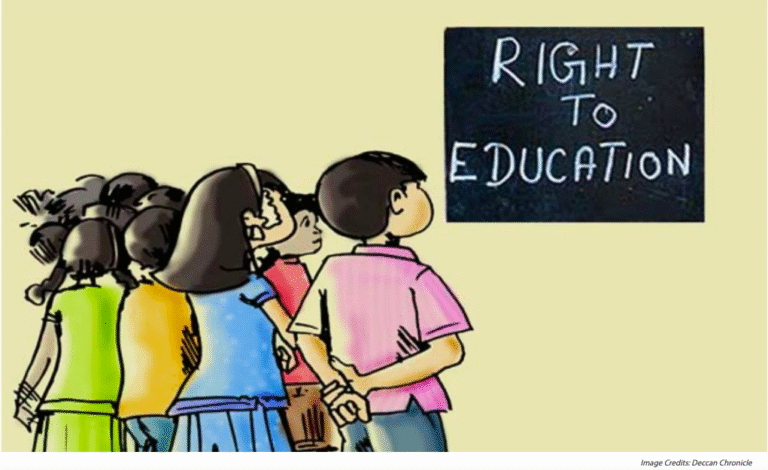
1. Make a List
Create a list of tasks that your child should be able to do on their own, such as getting dressed or putting their toys away. Talk to them about which tasks they think they can do. If they’re unsure, have them practice in front of you. Eliminate any tasks that they don’t seem to be ready for. Keep in mind, children perform better when they know what’s expected of them.
2. Don’t Expect Perfection
Children are still figuring out their motor skills, so some mishaps may happen, such as spilling juice when they want to pour themselves a drink. If they mess up, try not to criticise them. Instead, gently show them the correct way to do things. Explain that everyone makes mistakes, and no one is perfect.
3. Allow Enough Time
Children tend to need more time to finish tasks compared to adults. Give them the time they need to prevent them from becoming stressed. For example, if it takes your child ten minutes to put on their clothes in the morning, start your daily routine earlier. As they practice, they will get faster at their tasks.
4. Develop a Routine
Children need routine to manage their responsibilities. If their daily schedule is constantly changing, they’ll become confused. Explain to them when they have to complete specific tasks. For example, you can tell your child that they need to pick up their toys before getting ready for bed. When it gets close to their bedtime, remind your child that they need to clean up before they put on their pyjamas.
5. Offer Praise
Children love to be recognised for the things that they do. Give your child praise when they do something on their own, especially if it’s something they needed help with before. You can even turn mistakes into praise. For example, if your child puts their shirt on backward, you can acknowledge that they were able to pick out clothing and dress themselves. Give your child encouragement when they’re feeling frustrated.
In short…
It might seem easier and quicker to do things for your children instead of allowing them to do it themselves. However, when you give children the opportunity to perform tasks on their own, they begin to develop a sense of responsibility and accomplishment. As they grow older, they will be able to use their problem-solving skills to tackle new situations with ease.
In the larger scheme of development, fostering independence and responsibility results in a person who is self-confident, resourceful, respectful, and able to recognise needs and meet them.
How to Start a CBSE School in India
Promoting Independence in Children: 5 Effective Strategies
Read More of our blogs – HERE




